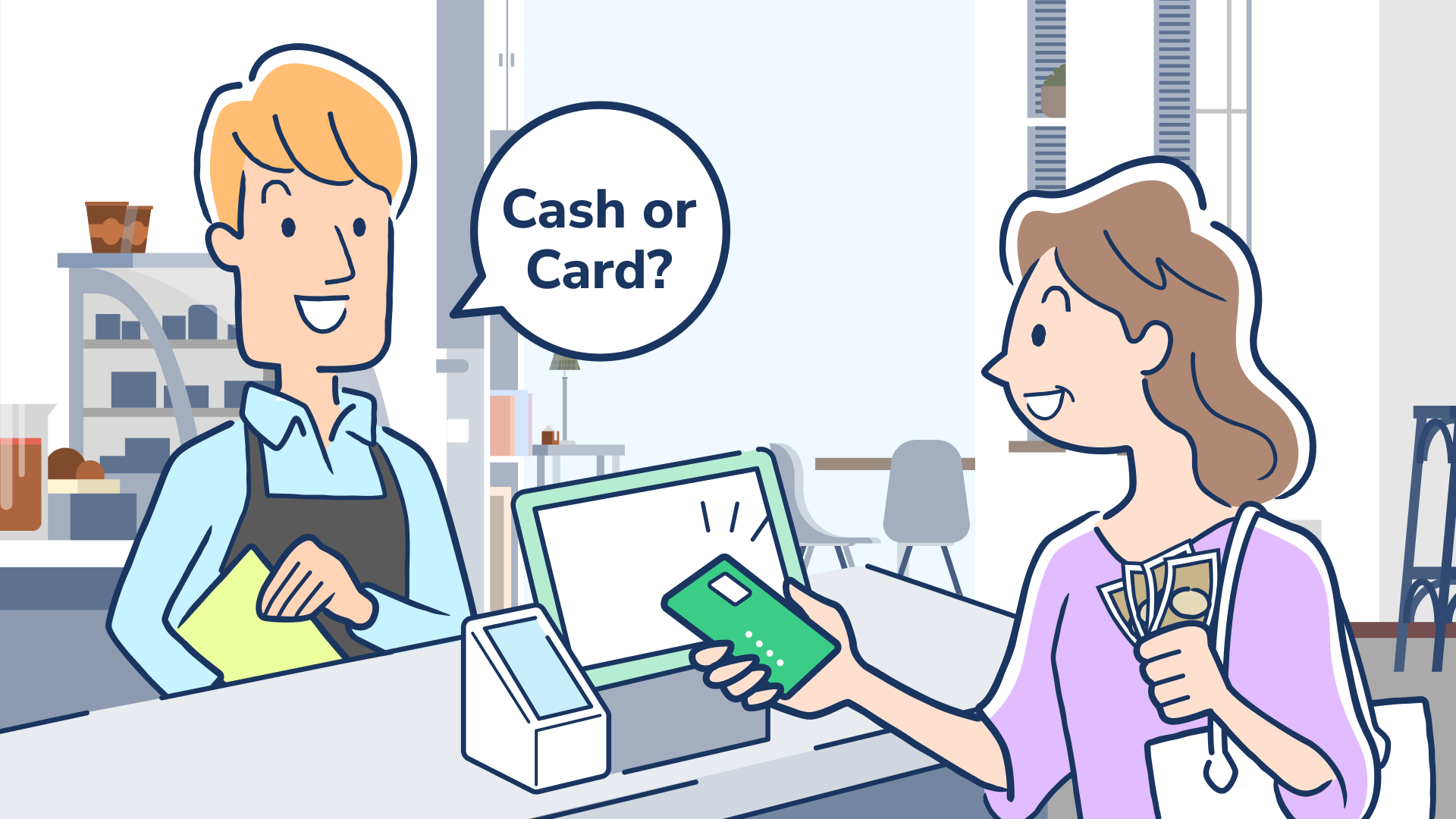Time to read : 3 Minutes
I’m never quite sure when I’m paying a retailer these days whether they prefer cash or card. I often wonder if the cashier might find having to deal with notes and coins too fiddly. Would they prefer the simplicity of a card transaction?
But one café I often visit leaves me in no doubt of their preference.“Cash is king,” the owner replies when I offer him the option. So that got me thinking.
Besides saving on processing fees for cashless methods, what are the advantages to consumers for using cash?
Do we adopt a different mindset when using cash versus cashless methods?
According to University of Melbourne senior lecturer Alex Belli, there’s a good reason to stay with cash – if you are the buyer.
Dr Belli is the co-author of newly published research that has analysed what is known as the ‘cashless effect’.
What's the cashless effect?
According to Dr Belli, the cashless effect phenomenon involves spending more money AND buying more products when using cashless forms of payment.
And that’s regardless of what the method is – credit cards, debit cards or Buy Now Pay Later (BNPL).
The thinking – or perhaps the lack of it – behind the cashless effect is also simple. Not being able to physically see money disappearing before your very eyes removes – or at least lessens – the feeling of money being spent.
There’s no counting out your money, handing it over and possibly reducing the load in your wallet.
Now that society has become increasingly more cashless, has this effect worn off, or is it as strong as ever? According to Dr Belli and his colleagues, the truth lies somewhere in between.
In an article titled Less cash, more splash? the researchers found the cashless effect has got weaker over time. But it still remains significant particularly in situations when people are ‘keeping up with the Joneses’, giving tips or making donations.
The advantages and future of cash
I was surprised to learn recently that one of my sons uses cash as a method of budgeting. How does he do it? He simply uses different envelopes for different items or events for which he is saving.
As it turns out, Dr Belli believes this is a popular and effective method of budgeting.
And while I also agree that this is effective, there are indications that using cash will not be possible for much longer.
Be aware: some believe the use of cash is likely to come to an end in Australia by 2030. RMIT associate professor of finance Dr Angel Zhong predicts our country will become “functionally cashless” by the end of this decade.
According to Dr Belli, as we approach this seemingly inevitable life without cash, the cashless effect is likely to diminish, and the pain some of us experience when parting with cash could die out.
Bottom line
If your preference is using cash, or you’re regularly asked to pay in cash – like I am when buying my morning brew – it may be time to brace yourself.
It seems the days of declaring “cash is king” are almost certainly numbered. And like it or not, it also means wearing extra fees associated with cashless payment options.
